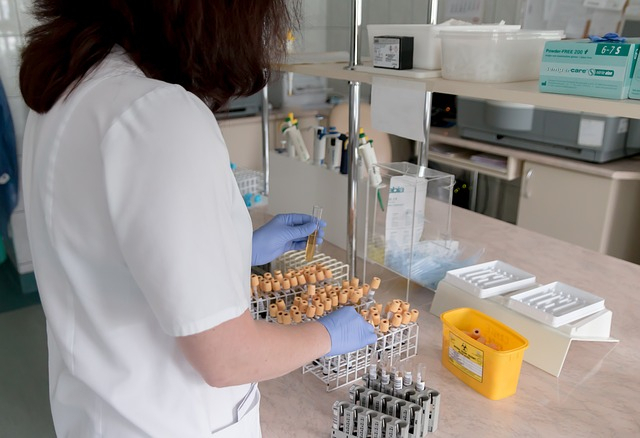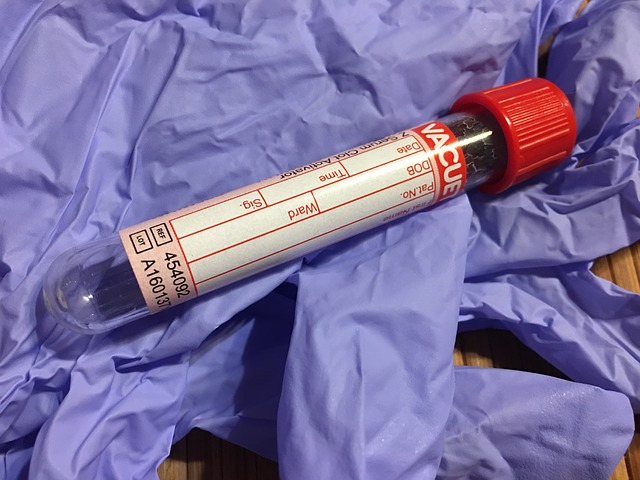A group of scientists in Australia has a prototype blood test that can detect whether a patient's immune system has the capacity to fight the novel Coronavirus caused disease.
This test identifies high levels of two key chemical signals—interferon-gamma and interleukin-2—that are produced by T cells, the type of leukocyte that recognize and then destroy infected cells. These two signals are both involved in destroying virus-infected cells and also can encourage other T cells to target the infected area.
As per the scientists, Coronavirus infected people who have low levels of these two chemical signals may be more prone to the severe effects of the disease caused by SARS-CoV-2, including death. The study authors believe that this blood test could be important at a time when millions of people wait to get a safe and effective vaccine shot.

Research by QIMR Berghofer
Dr. Corey Smith from QIMR Berghofer in Brisbane said that T cells produce a range of signaling molecules when they fight viruses which are basically indicators of whether T cells are responding to the novel Coronavirus and are mobilizing the immune army to launch an attack against the pathogen. "If we can find a way to detect whether or not they are present, then we can find out whether or not a patient's immune system is responding as it should," he said.
For the study, the researchers used the blood of 44 donors who had recovered from COVID-19—men and women, aged between 20 and 75—and screened a range of SARS-CoV-2 peptides to work out which combination could be used to detect a successful T cell immune response. After the experts isolated the T cells from the donated blood, they exposed them to viral peptides and measured the production of a number of different signaling molecules, said Smith.

They compared the levels produced by T cells from the recovered patients with levels released by T cells from 20 healthy donors who had never been infected with novel Coronavirus. The team then found that T cells from recovered patients produced larger amounts of the two signaling molecules.
The team of researchers believes that this finding could be used to understand at an early stage that which patients' immune systems are not responding appropriately and who might therefore be at higher risk of becoming extremely ill because of the disease. The blood test is believed to be helpful in those countries which have been facing second and third waves.
Dr. Katie Lineburg, a researcher at QIMR Berghofer said, "A blood test could help doctors identify patients whose T cells have not started mounting an immune response and who are therefore not fighting the virus and are at higher risk of becoming seriously unwell."









